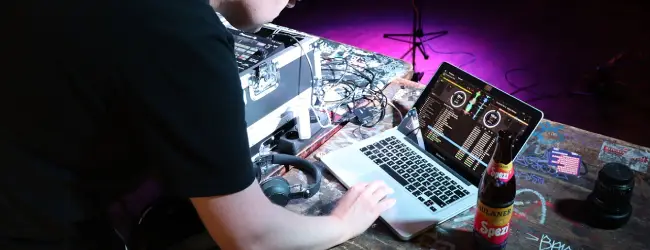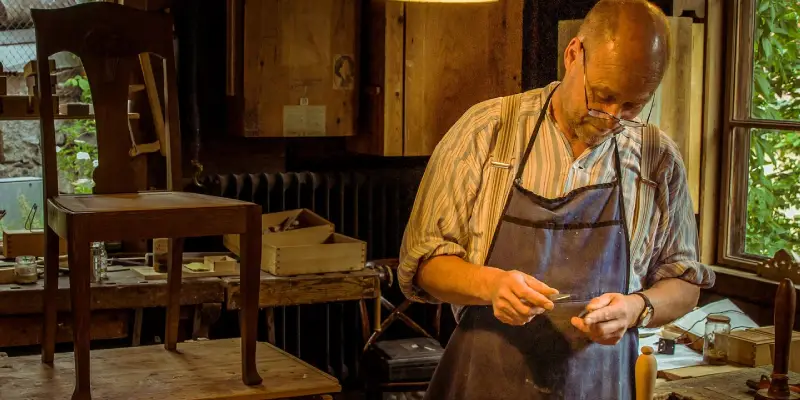Let’s talk about how to acquire skills. I think that simplifying our tools gives us more skills. By the way, today’s article is part of my “3-Category Organization Method.” (Tag link: 3-category organization)
How to acquire creative skills
Several months ago, I saw a person who tweeted like this: “I cannot afford it.” I forgot what the person wanted, but maybe we all have those days. We want to get something, but we cannot afford it.
At such a time, sometimes we can substitute our skills. For example, I wanted to make yogurt at home last month. So I built my yogurt maker instead of buying one. This means that I substituted a yogurt maker with my creative skills.
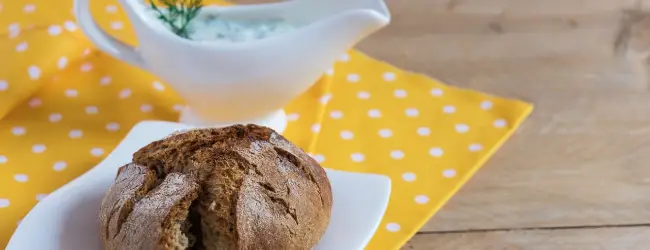
Another example, I wanted to bake bread last week. But I didn’t have not only an oven but also a microwave or a toaster. So I baked it only with my cast-iron pan (a skillet) on the stovetop instead of buying an oven. This means that I substituted an oven with my skillet skills.
So we could substitute our money with our skills in many cases. This would be an excellent option for those who are not good at making money or who do not want to work solely for monetary gain.
If so, how we can acquire such skills would be important. So today, let’s talk about how to acquire such skills naturally. If we understand this logic, we might be able to acquire more skills and change our situations more easily, with less money.
Simplifying tools gives us skills
The logic is simple. If we simplify our tools, it gives us more skills.
Every tool has two directions. One is a general-purpose tool. The other is a specialized tool.
- General-purpose tools are useful in many cases. But we have to have skills to make specialized things. We use these as an integrated workspace.
- Specialized tools are helpful in a specific case. It’s easy to do one thing without any skills. But we cannot use it in other cases.

For example, a knife is useful to cut food. A knife is a general-purpose tool. But if we want to peel some vegetables, we need the skill to do so. On the other hand, the peeler is useful for peeling. The peeler is one of the more specialized tools. We can use it without any skills. But it can only be used for slicing something thin.
Reducing specialized tools
So we can understand that simplified and integrated general-purpose tools are important. Because we can acquire skills naturally. We reduce specialized tools. In addition, we could also simplify and integrate general-purpose tools themselves.
For example, I simplified the tools that I use for cooking. I only have a cast-iron pan (a skillet), a stainless steel pot, a pressure cooker, and an electric cooktop. In this situation, I use my skillet in various cases, such as frying, stir-frying, baking, and steaming. It is a general-purpose tool. Although I have to do trial and error to try new dishes, I can master how to use a skillet naturally.
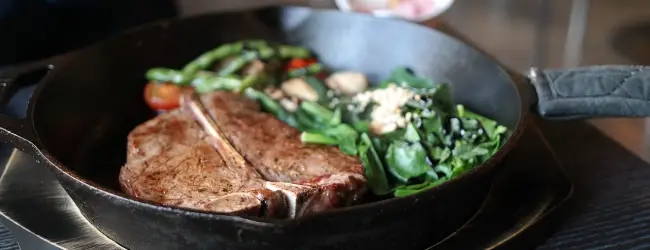
So with a skillet, I can do many things without purchasing any other tools. Because I have acquired skillet skills.
This can be applied to many cases, such as painting, programming, creating videos, blogging, or creating our freedom lives. There would be an “integrated workspace” for each.
The effective cases
Depending on our situations, we would be able to apply the following tactics:
- If we want to change or get out of our current situation, reducing specialized tools would work well.
- If we want to keep working efficiently in our current situation, increasing specialized tools would work well.
Perhaps it’s always better to simplify our general-purpose tools. Because even if we increase it, there will be many functions that are not used. If we want to add something lacking in our integrated workspaces, adding specialized tools would be better.
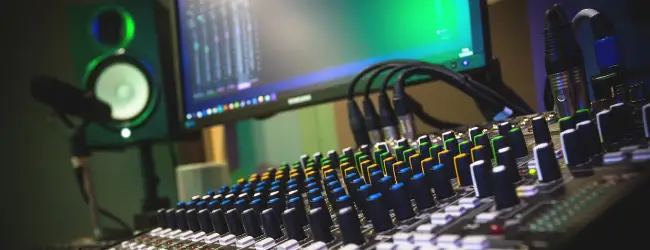
So we can say that the more we want to change, the more simplifying is effective. Because the more we simplify things, the more we have affordable margins to change.
However, to maintain our current situation, increasing the specialized tools would be effective. We can select them based on our situations.
Pain first or ease first
I also think that this is the option of “pain first, ease later” or “ease first, pain later.”
If we buy some specialized tools, it’s easy to make from the beginning. We don’t need any skills. The specialized tools will work for us.
But once we get used to such “ease first,” we come to have a lot of specialized tools. That makes us heavy. And we come to feel, “If I only had more money.” Because we tend to rely on specialized tools to create more without acquiring skills.
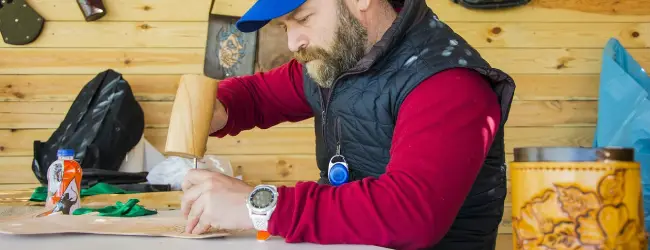
On the other hand, if we become accustomed to “pain first, ease later,” we develop skills. And we come to understand that we can make various things without any special tools. In addition, we start to think about what we can affordably use around us.
Perhaps creative people tend to get through the pain with their curiosity and enjoyment of trial and error. In other words, that is not painful for them.
I think that this is creativity and confidence in our skills. So we have come to be able to change more easily.
Conclusion
So I think that simplifying our tools gives us more skills. And it brings us creativity and confidence.
Simplifying needs trial and error at the beginning. But the skills give us creativity and confidence.
If we understand this logic, we might be able to acquire more skills and change our situations more easily.
Thank you for reading this article. I hope to see you at the next one.
